Zone 51: Where the US is prohibited, UFOs are hidden? The truth makes the world shudder

3 | 0 Discuss | Share
The Mosuo tribe is one of the most unique and interesting ethnic minority groups in China, famous for its matriarchal social structure and distinctive customs. They live mainly in the high mountains of Yunnan and Sichuan provinces, near the border with Tibet.
The Mosuo tribe, also known as the Na, has a population of about 40,000. They live mainly around Lugu Lake, a picturesque area nestled between high mountains. This area is not only a place of residence but also the cultural and spiritual center of the Mosuo people. Lugu Lake is considered the “mother lake†in Mosuo culture, where many important ceremonies and festivals take place.
Many people know that in ancient societies, tribes respected women very much, women held leadership positions in tribes because they had the ability to reproduce, while men could only do manual labor. However, with the continuous development and progress of civilization, this tribal system model was gradually abandoned.
The Mosuo are known for their matriarchal social structure, where women play a dominant role in the family and society. In a Mosuo family, property and inheritance are passed down through the mother’s line. Women manage the property, run the family economy, and make important decisions. Although men do not play a dominant role in the family, they still have their own responsibilities, such as hunting, raising livestock, and protecting the family.
One of the most striking features of Mosuo society is “walking marriage.†In this system, women have the right to choose and change their partners without formal marriage. Men will visit their partners at night and return to their maternal home in the morning. Children born will belong to the mother’s family and be raised by their grandmothers and aunts.
This strange custom makes many people jealous of the men here, they can freely find girlfriends, do not need to take on the responsibility of marriage or earning money to support the family. In fact, this is not necessarily a good thing for many men with traditional Asian ideology when they want to have children to continue the family line because in this tribe, women are the ones who decide the fate of their children.
The Mosuo have a rich and diverse culture, which combines indigenous beliefs and Tibetan Buddhism. They believe in nature gods and ancestors, and many traditional ceremonies are held to honor these gods. One of the most important festivals of the Mosuo is the "Mosuo New Year", which takes place in spring to pray for good harvests and good health.
In addition, the Mosuo are also famous for their traditional dances and songs. Music and dance are not only a form of entertainment but also a way to convey the cultural and historical values of the tribe. Performances often take place during festivals and community events, attracting the participation of both the elderly and children.
The daily life of the Mosuo people is mainly based on agriculture and animal husbandry. They grow rice, corn, potatoes and other vegetables. Raising livestock such as cows, goats and pigs also plays an important role in the family economy. The Mosuo people are famous for their salted pork, which can be preserved for many years without spoiling.
In addition to agriculture, the Mosuo people also engage in handicraft activities such as weaving, pottery making and jewelry making. These handicrafts are not only used for daily needs but are also sold to tourists, contributing to the family income.
Despite their unique and rich culture, the Mosuo people face many challenges in the modern era. The growth of tourism has brought economic opportunities but also poses the risk of losing their traditional cultural identity. Many young Mosuo people leave their homeland to seek employment opportunities in big cities, leading to population decline and a breakdown in cultural transmission.
In addition, changes in social and economic structures have also affected the role of women in the family and community. Although they still play an important role, Mosuo women are increasingly facing pressure from modern social values and norms.
The Mosuo tribe is a shining example of cultural diversity and the resilience of ethnic minorities in preserving their identity. Despite the many challenges they face, the Mosuo people have retained many traditional values and continue to contribute to the richness of Chinese culture. Understanding and respecting Mosuo culture not only helps preserve cultural heritage, but also contributes to promoting diversity and harmony in modern society.
"Female country" in Yunnan - Where women are allowed to have many "one-night stands" 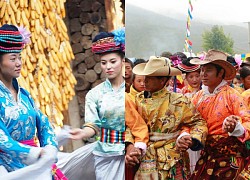 Minh Ngọc17:29:02 28/12/2023Near Lugu Lake, Yunnan Province, China, there is a people named Mosuo. They are a small ethnic group, with a population of only about 50,000 people, living according to a matrilineal system, distinguished by a number of unique customs and habits.
Minh Ngọc17:29:02 28/12/2023Near Lugu Lake, Yunnan Province, China, there is a people named Mosuo. They are a small ethnic group, with a population of only about 50,000 people, living according to a matrilineal system, distinguished by a number of unique customs and habits.

3 | 0 Discuss | Share
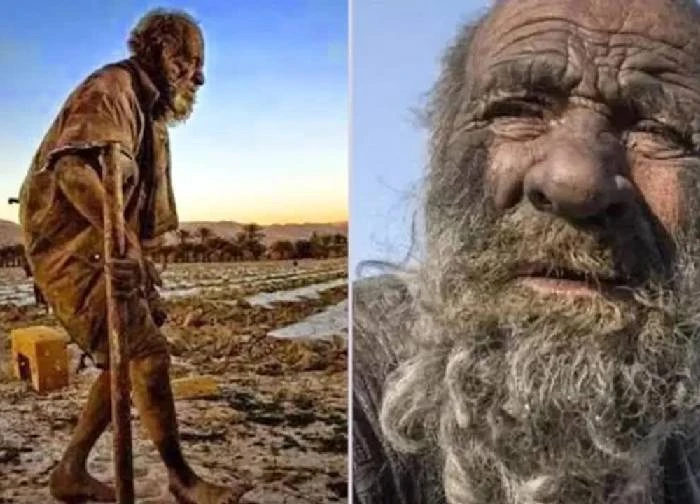
0 | 0 Discuss | Share

0 | 0 Discuss | Share
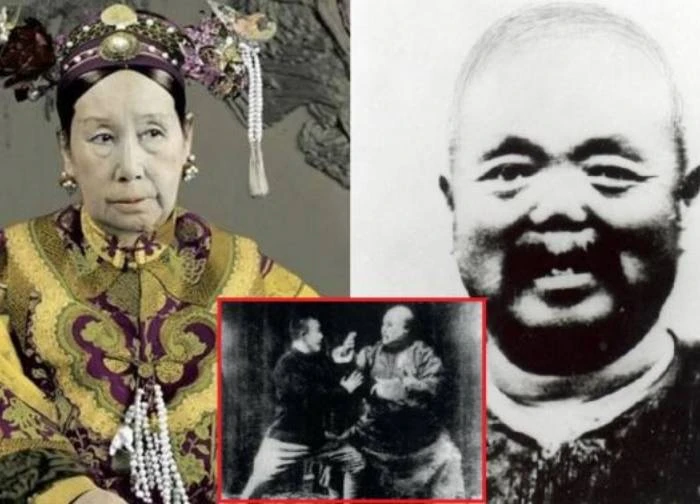
1 | 0 Discuss | Share
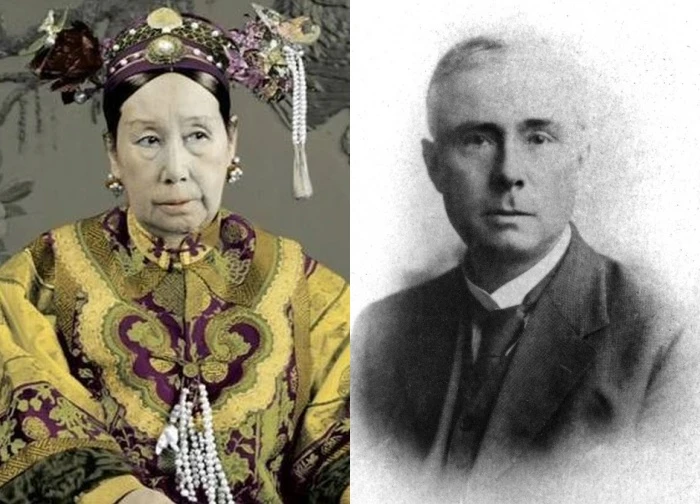
4 | 0 Discuss | Share
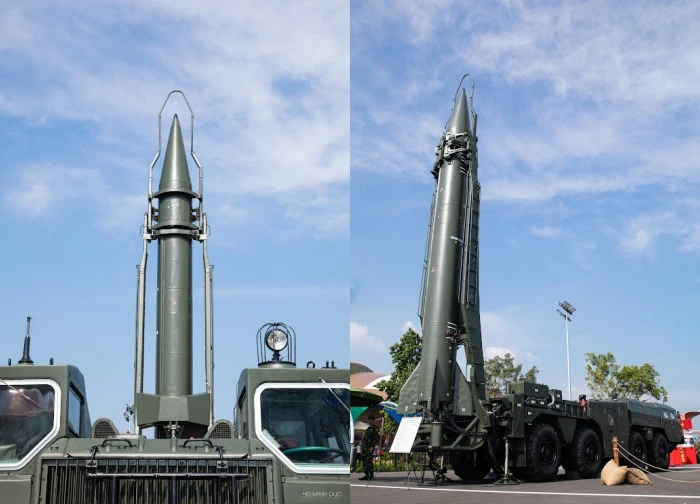
4 | 0 Discuss | Share

2 | 0 Discuss | Share

2 | 0 Discuss | Share

4 | 0 Discuss | Share

2 | 0 Discuss | Share
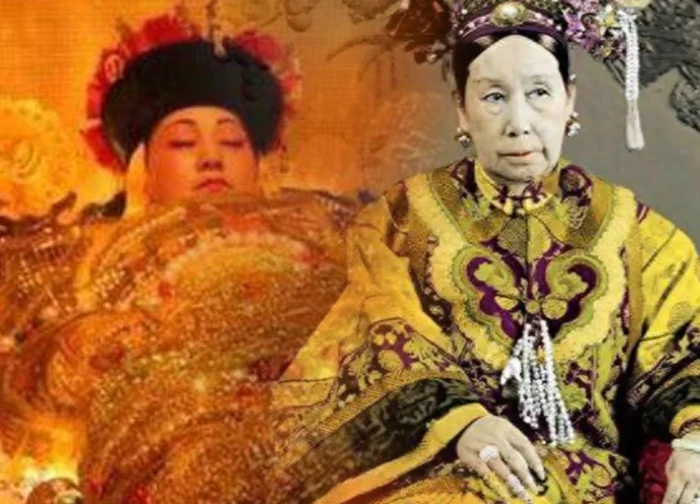
2 | 0 Discuss | Share
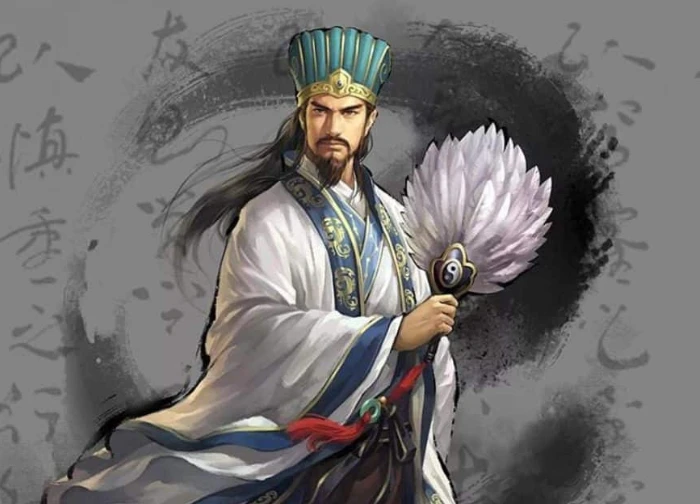
1 | 0 Discuss | Share



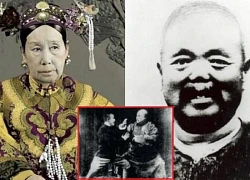
2 | 1 Discuss | Report